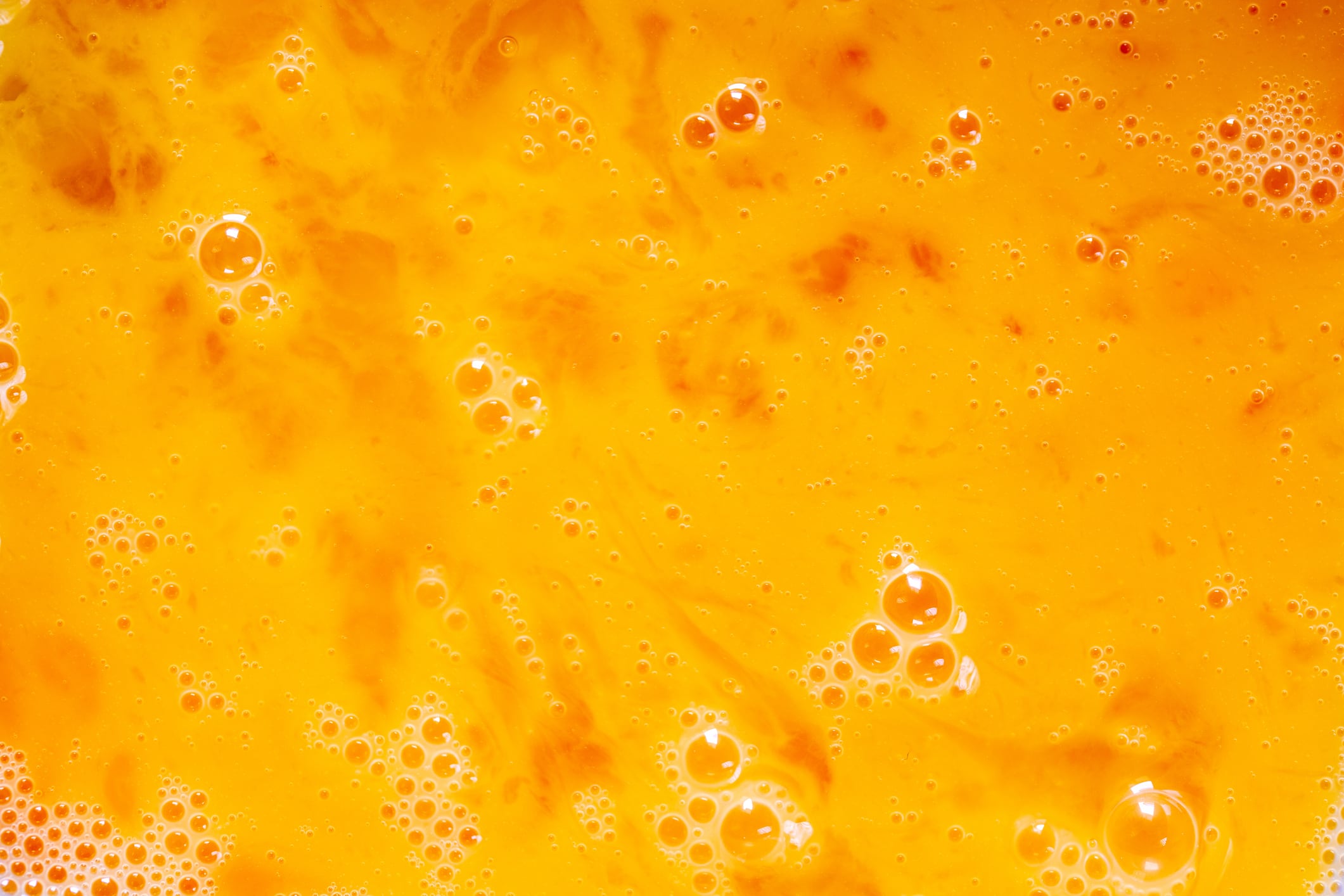Data published in the Frontiers in Nutrition indicated that 600 mg per day of PEA improved heart rate variability (HRV), a measure of stress.
“This exploratory study demonstrates for the first time that PEA supplementation may enhance physiological resilience to stress as indicated by improved HRV,” wrote researchers from the University of Westminster, Anglia Ruskin University and Coventry University in the UK.
“While subjective stress and emotional measures did not show significant changes, the observed trend suggests potential benefits in individuals experiencing moderate stress.”
PEA
Interest in the endocannabinoid system has grown significantly in recent years. For companies seeking to influence this system beyond CBD and hemp, one promising option is PEA. Discovered in 1957 during reserach into the anti-inflammatory properties of egg yolk, PEA is also produced by the body as a first responder to pain, stress and inflammation and is used up locally in all tissues.
Levagen+, from Gencor Pacific Limited, is a specialized form of PEA formulated using a proprietary delivery system (LipiSperse, Pharmako Biotechnologies) that has been shown in previous studies to significantly increase PEA bioavailability.
PEA has been reported to confer anti-inflammatory and immune health benefits, but the researchers behind the new study noted that potential benefits on stress and cognition have not been extensively researched.
Commenting on the new study, Professor M. Gulrez Zariwala, director of the Centre for Nutraceuticals at the University of Westminster and lead author on the new paper, told NutraIngredients: “This study demonstrates for the first time that PEA may enhance physiological resilience to stress, as indicated by improved heart rate variability (HRV) in our crossover trial participants supplemented with Levagen+ PEA.
“Although further work is needed, this research provides a meaningful foundation for the application of PEA supplementation in stress management.”
Study details
Professor Zariwala and his co-workers recruited 16 women with a mean age of 22 to participate in their double-blind, placebo-controlled crossover trial. The women were randomly assigned to receive either PEA (Levagen+) or placebo for six weeks. This was followed by a six-week washout period before they crossed over to the other intervention for a final six weeks.
Results showed that PEA supplementation was associated with significant improvements in Standard Deviation of Normal-to-Normal (SDNN), described by the researchers as a “key HRV marker associated with autonomic resilience to stress”, compared to placebo.
No changes were recorded in salivary cortisol levels in either group.
“Given PEA’s role in the endocannabinoid system and its influence on inflammation, further research is warranted in larger and more diverse populations, including individuals with higher baseline stress levels,” the researchers wrote. “These preliminary findings contribute to the growing body of evidence supporting PEA as a promising dietary intervention for stress management.”
Source: Frontiers in Nutrition. 2025, Volume 12, doi: 10.3389/fnut.2025.1586409. “The effects of formulated palmitoylethanolamide supplementation on indicators of stress and heart rate variability in female university students: a randomised cross-over trial”. Authors: S.K. Deb .





